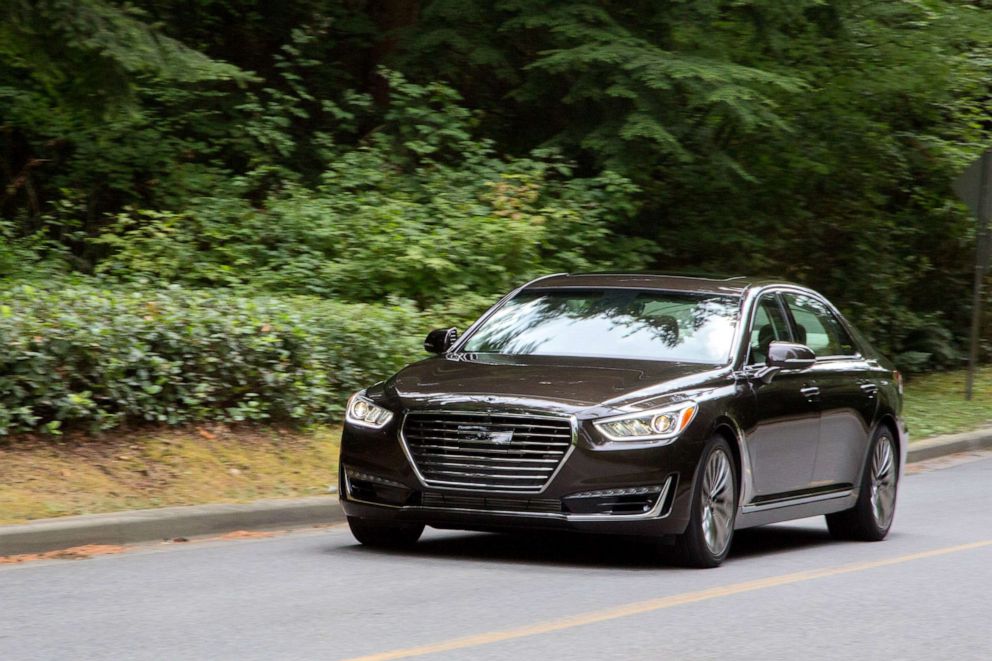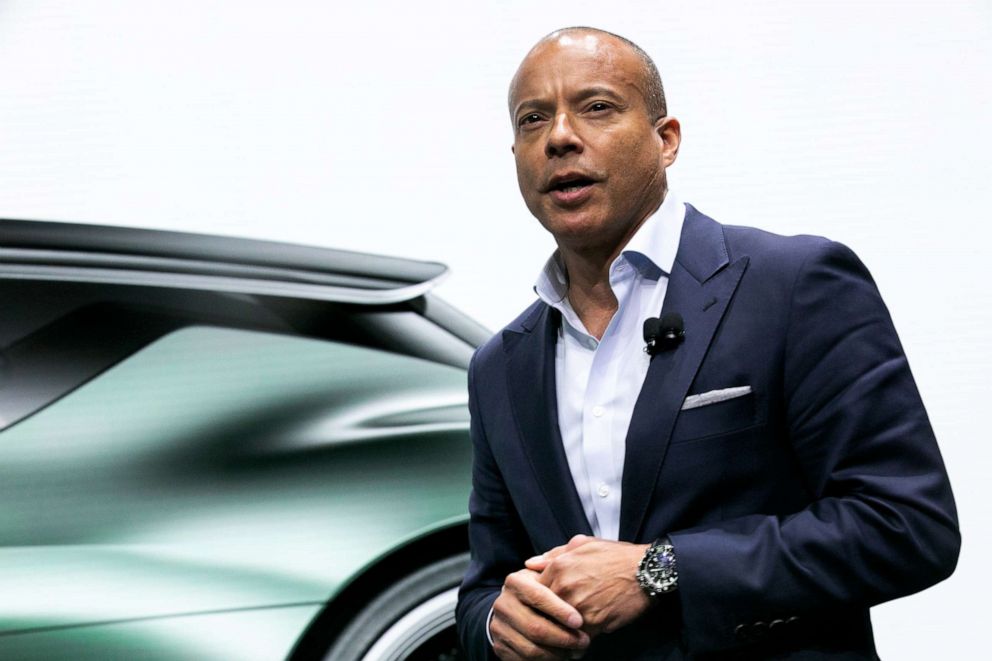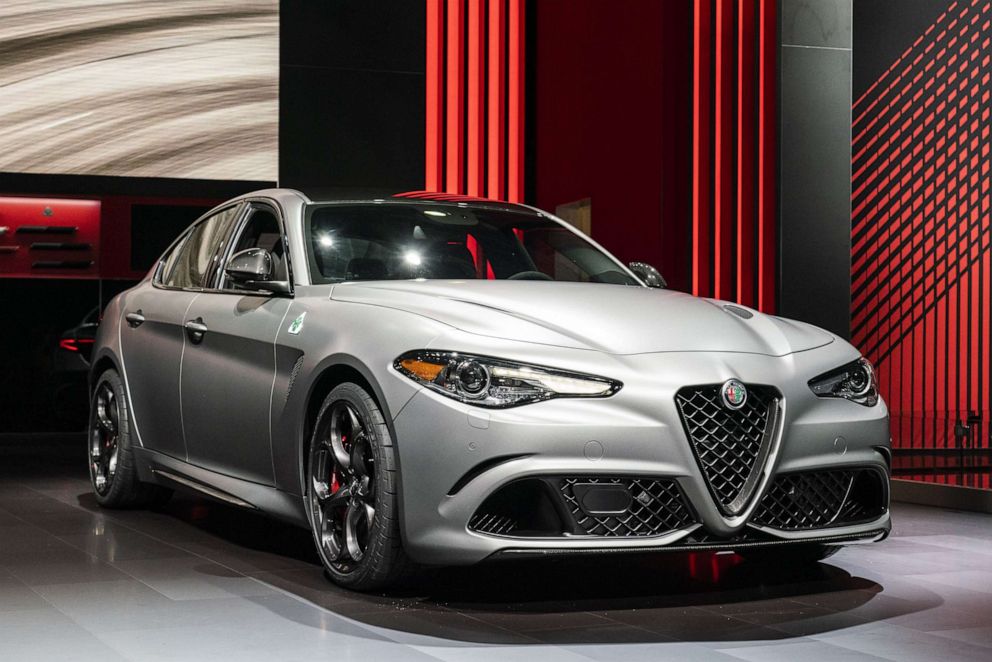Americans want SUVs. But some automakers still believe in cars
"There are a lot of people who prefer to drive cars."
Sport utility vehicles are everywhere: on the streets, in dealer showrooms, spinning on turntables at auto shows.
If consumers look closely, however, they'll discover that sedans -- those traditional, four-door passenger cars long declared dead by the auto industry -- are making a stealth comeback.
Light trucks and SUVs may account for more than half of vehicle sales in the U.S. but that hasn't stopped several automakers from producing new models and aggressively advertising the benefits of sedans.
When Korea's Hyundai Motors spun off Genesis, the company's luxury vehicle division, in late 2015, the first model to roll off the production line was the G90, a $69,350 full-size sedan.

What followed were two more sedans: the G80 and G70. Why would Genesis revolt against the industry and consumer trends?
"Creating a brand is not only defined by creating that what is right now the hottest product on earth -- SUVs," Manfred Fitzgerald, executive vice president and global brand head of Genesis, told ABC News at the New York International Auto Show in April. "From a design point of view, SUVs are not the sexiest things you can design. We're not just looking for numbers, for volume, for sales."

As other automakers dazzled journalists with their hulking SUVs, Genesis showcased the antithesis: a tiny, two-seater electric car concept that would appeal to city dwellers.
"Every product of ours has its own task, its own mission," Fitzgerald said, "and therefore should also look different. We're not into this Russian doll concept where you have one and the other is just a smaller version of the big one. We do believe we are different than the others out there."
Even as Genesis' sedans have racked up awards for their design, handling, safety and value, the company still plans to introduce its first SUV at the end of this year.
Ed Kim, vice president of industry analysis for AutoPacific, an automotive research and forecasting firm, does not expect the ironclad grip SUVs have on sedans to loosen in the future.
"A lot more people are buying luxury SUVs than luxury cars," he told ABC News. "The coolest features and technology are going into SUVs. They have adopted all the high-end luxury car features."
Ford Motor Co. shattered the industry when it announced in April 2018 that it would end production of sedans in North America to focus on its SUV lineup.
The Detroit automaker said that nearly 90% of its vehicle portfolio in North America would be trucks, utilities and commercial vehicles by 2020, a cost-cutting move that would help it return to profitability. The Ford Mustang and Focus Active hatchback were the only two cars that were saved.
Sales of Maserati's Ghibli sedan have slipped as customers flock to the Italian company's Levante SUV. Fewer of Maserati's well-heeled clientele may be driving the Ghibli, once the company's best-selling model, and Quattroporte, the brand's larger and more expensive sedan. But Al Gardner, head of Maserati North America, said there's still demand for these premium cars.
"We recognize the car market is going to shrink," he told ABC News. "Midsize SUVs are going to outsell large SUVs. I don't think we'll ever see luxury cars go away."
According to Bob Broderdorf, director of Alfa Romeo North America, sales of the Italian automaker's Giulia sedan rose 30% in 2018 versus 2017 -- a feat that surprised executives of the performance marque. 2018 was also the year that Alfa Romeo introduced and heavily marketed its first SUV, the Stelvio.

"Even as we launched Stelvio, we were still able to grow Giulia," Broderdorf told ABC News. "You will always have enthusiasts who want to have that exhilaration and feel of driving a car. There are a lot of people out there who prefer to drive cars. I am one of them."
He added, "Yes, the importance of SUVs to an entire portfolio is something you'd be remiss not to focus on. [But] you're not just going to be an SUV brand."




